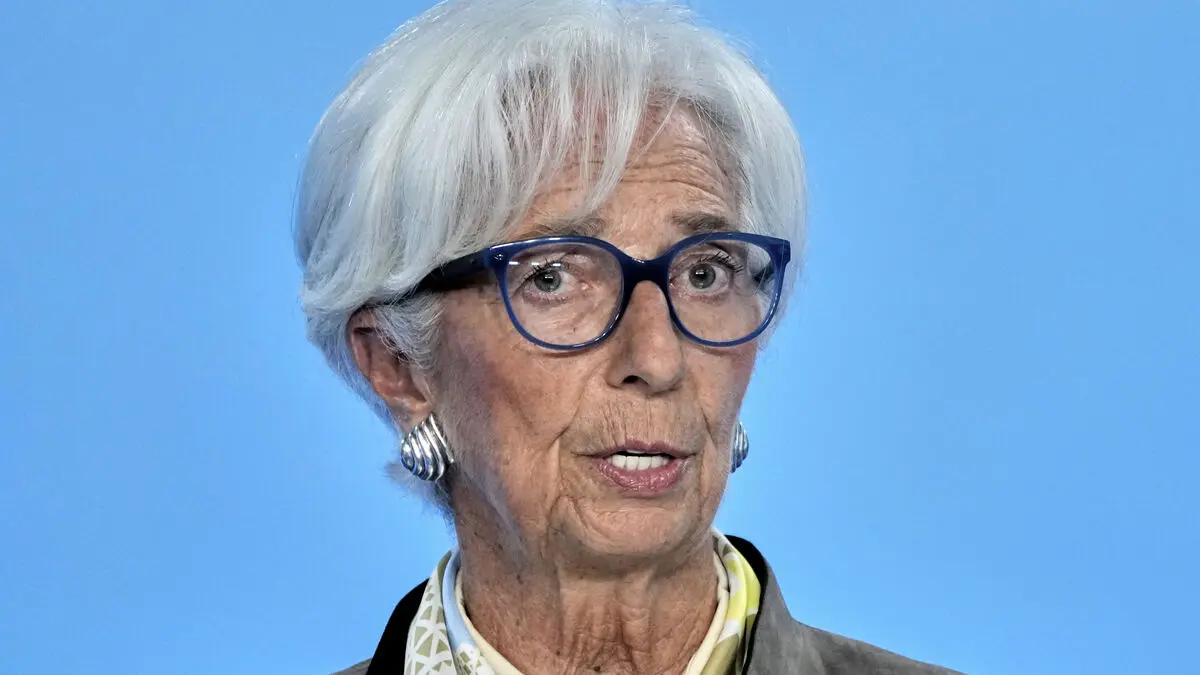Major bank SEB sees two camps among the members of the ECB's board of directors. Those who believe that trade conflicts dampen demand and inflation, while others see a risk of supply disruptions that create inflation.
Upcoming data will decide
But the ECB's interest rate decision on Thursday next week is expected to be similar to the September decision. Upcoming data will decide the decision from meeting to meeting.
SEB's economists belong to the large majority, 58 percent, of those surveyed in a recent Bloomberg survey who expect the ECB's deposit rate to remain at 2.00 percent in a year.
Just over a quarter of those surveyed expect the ECB to have cut the interest rate by 0.25-0.50 percentage points in a year, while 15 percent believe in a rate hike.
Looking further ahead – to the end of 2027 – the proportion who expect the interest rate to remain unchanged has decreased. But it is a 52 percent majority, including SEB's economists, who have this as the main scenario.
Inflation forecast can decide
The proportion who believe in lower interest rates in two years is marginal at just under 5 percent. Almost 43 percent believe that the deposit rate will then have been raised to 2.25 or 2.50 percent.
The survey was conducted on 17-22 October.
A decisive factor for whether an ECB cut may become relevant in the future will be the inflation forecast, which must not deviate too much from the ECB's inflation target of 2 percent, according to the economists.
The stable tip is that if the next inflation forecast from the ECB's economists – which will come at the December meeting – is 1.6 percent or lower, there will be an interest rate cut.
Other factors that can change the ECB's monetary policy game plan are how the trade conflict over semiconductors and rare earth metals between the US and China goes. And whether France can get its unsustainable public finances in order or not. Question marks also exist around Germany's ambitious plans for massive investments in infrastructure and defense.
Inflation-dampening effects if planned changes to the EU's trade in emission rights are postponed can also cause problems at the same time as there is concern about financial bubbles.
Source: Bloomberg






